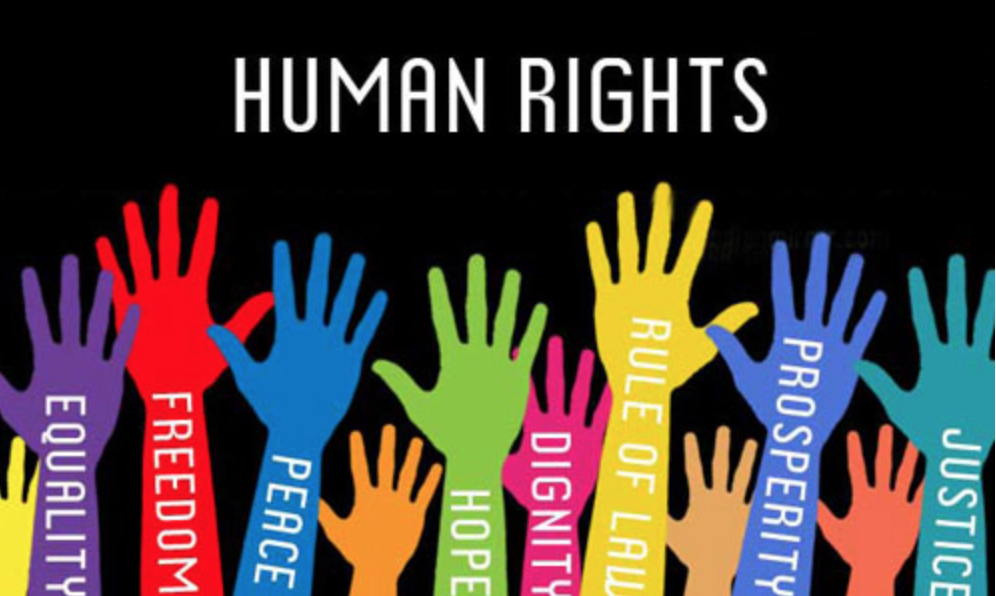NDIS Resources
Human Rights
“Where, after all, do universal human rights begin? In small places, close to home – so close and so small that they cannot be seen on any maps of the world. Yet they are the world of the individual person; the neighbourhood he lives in; the school or college he attends; the factory, farm or office where he works. Such are the places where every man, woman and child seeks equal justice, equal opportunity, equal dignity without discrimination. Unless these rights have meaning there, they have little meaning anywhere. Without concerned citizen action to uphold them close to home, we shall look in vain for progress in the larger world.”
-Eleanor Roosevelt
Quality and Safeguarding
-

1. Rights and Responsibilities (5 practice standards)
-

2. Governance and Management
-

3. Supports Provision (5 practice standards)
-

Supports Provision (Environmental)
The NDIS Quality and Safeguards Commission is an independent agency established to improve the quality and safety of NDIS supports and services.
The commission regulates NDIS providers, provide national consistency, promote safety and quality services, resolve problems and identify areas for improvement.
The NDIS Commission:
responds to concerns, complaints and reportable incidents, including abuse and neglect of NDIS participants
promotes the NDIS principles of choice and control, and works to empower participants to exercise their rights to access quality services as informed, protected consumers
requires NDIS providers to uphold participants' rights to be free from harm
registers and regulates NDIS providers and oversees the new NDIS Code of Conduct and NDIS Practice Standards
provides guidance and best practice information to NDIS providers on how to comply with their registration responsibilities
monitors compliance against the NDIS Code of Conduct and NDIS Practice Standards, including undertaking investigations and taking enforcement action
monitors the use of restrictive practices within the NDIS with the aim of reducing and eliminating such practices
is working in collaboration with states and territories to design and implement nationally consistent NDIS worker screening
focuses on education, capacity building and development for people with disability, NDIS providers and workers
facilitates information sharing with the National Disability Insurance Agency (NDIA), state and territory authorities and other Commonwealth regulatory bodies.
How To Make A Complaint
Complaints are important—they can help providers understand what is important to people with disability and improve the quality of services they provide, so your complaint can help other people too.
If you feel comfortable, you are encouraged to raise your concern or complaint with your provider first, as this is often the best way to have your issue resolved quickly. All registered NDIS providers must have a complaints management and resolution system in place.
If the provider is unable to resolve your concern or complaint, then you should seek further support.
You may seek support from family, a friend or an independent advocate in making a complaint. For further information see: Disability Advocacy.
A complaint can be made to the NDIS Commission by:
Phoning: 1800 035 544 (free call from landlines) or TTY 133 677. Interpreters can be arranged.
National Relay Service and ask for 1800 035 544.
Completing a complaint contact form.
The NDIS Commission can take complaints from anyone about:
NDIS services or supports that were not provided in a safe and respectful way
NDIS services and supports that were not delivered to an appropriate standard
how an NDIS provider has managed a complaint about services or supports provided to an NDIS participant


